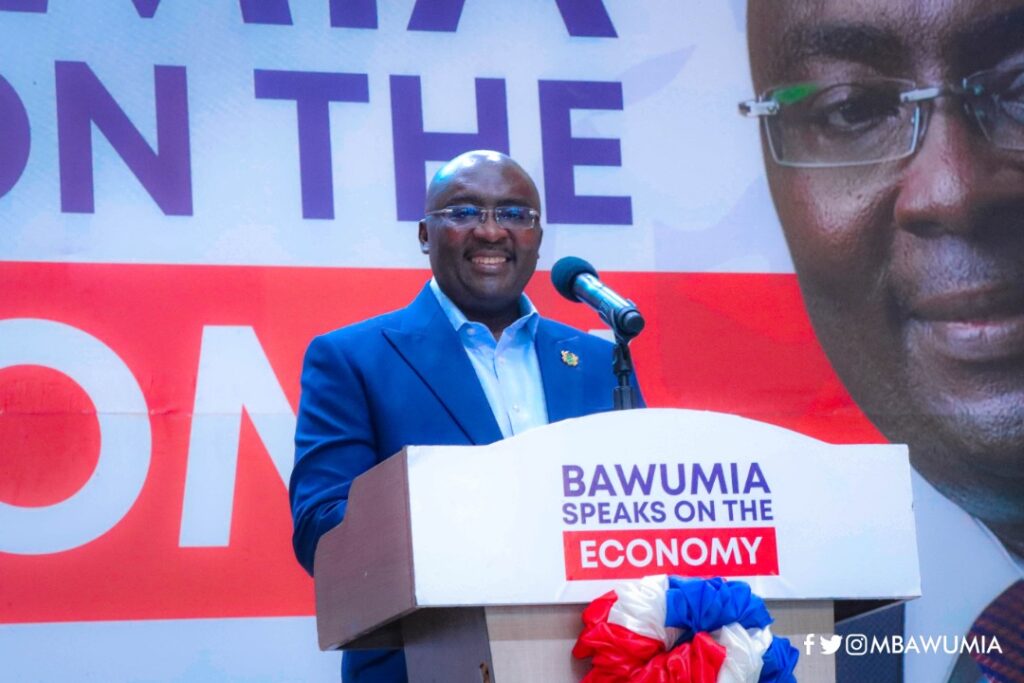By Prince Ahenkorah
Former Vice President Dr. Mahamudu Bawumia finds himself in a tight spot after a revelation that he personally funded a fleet of over 300 pickup vehicles for the New Patriotic Party (NPP) during the 2024 general elections.
The claim has sparked a firestorm, with critics demanding answers on how the presidential aspirant acquired the massive wealth needed for such an extravagant donation.
The controversy erupted after Bawumia publicly stated that the vehicles, which are still being used by constituency executives, were his personal contribution to the party.
This bombshell has not gone down well with the Movement for Change, a political group that has now vowed to drag him to the Office of the Special Prosecutor (OSP).
Speaking on TV3’s New Day, a senior communicator for the movement, Solomon Owusu, announced plans to petition the OSP, demanding a full-scale investigation into the matter.
He told viewers that he would be submitting a petition with his colleagues, Ebo Buckman and Appiah Danquah, to demand accountability.
“We want to know how Dr. Bawumia acquired these 300 Navara pickups,” Owusu stated. “Did the money come from his personal resources, from friends, or from foreign entities who are barred by law from financing our politics?”
Owusu insisted that the move was not a political witch-hunt but a test of Ghana’s democratic system. “This is about ensuring transparency,” he explained. “Too often, people in high office escape scrutiny. We want to make sure the system works.”
A ‘Thief’ and a ‘Criminal Act’
The petition comes after a blistering attack by the President of Citizen Eye Ghana (CITEG), Alex Kwaku Tetteh, who branded Bawumia a “thief” for his claim. Tetteh calculated the cost of the donation, arguing that it was simply not plausible for Bawumia to have financed it alone.
“Bawumia says he bought Nissan Navaras and Toyota Hilux pickups,” Tetteh said. “A single one costs between $60,000 and $70,000. Multiply $70,000 by 300, and you get a staggering $21 million.
Where did he get that kind of money?”
Tetteh questioned how a public official could casually claim to have acquired such a fortune without proper disclosure, suggesting that foreign interests or something more sinister might be at play.
The scandal has reignited the debate over the monetization of politics in Ghana. Critics argue that such practices undermine transparency and give an unfair advantage to wealthier candidates.
Many fear that if the OSP does not intervene, these practices will continue unchecked, sidelining candidates without deep pockets.
So far, Dr. Bawumia has remained silent on the growing backlash. However, political observers believe the issue could seriously threaten his presidential ambitions if it gains further traction.


